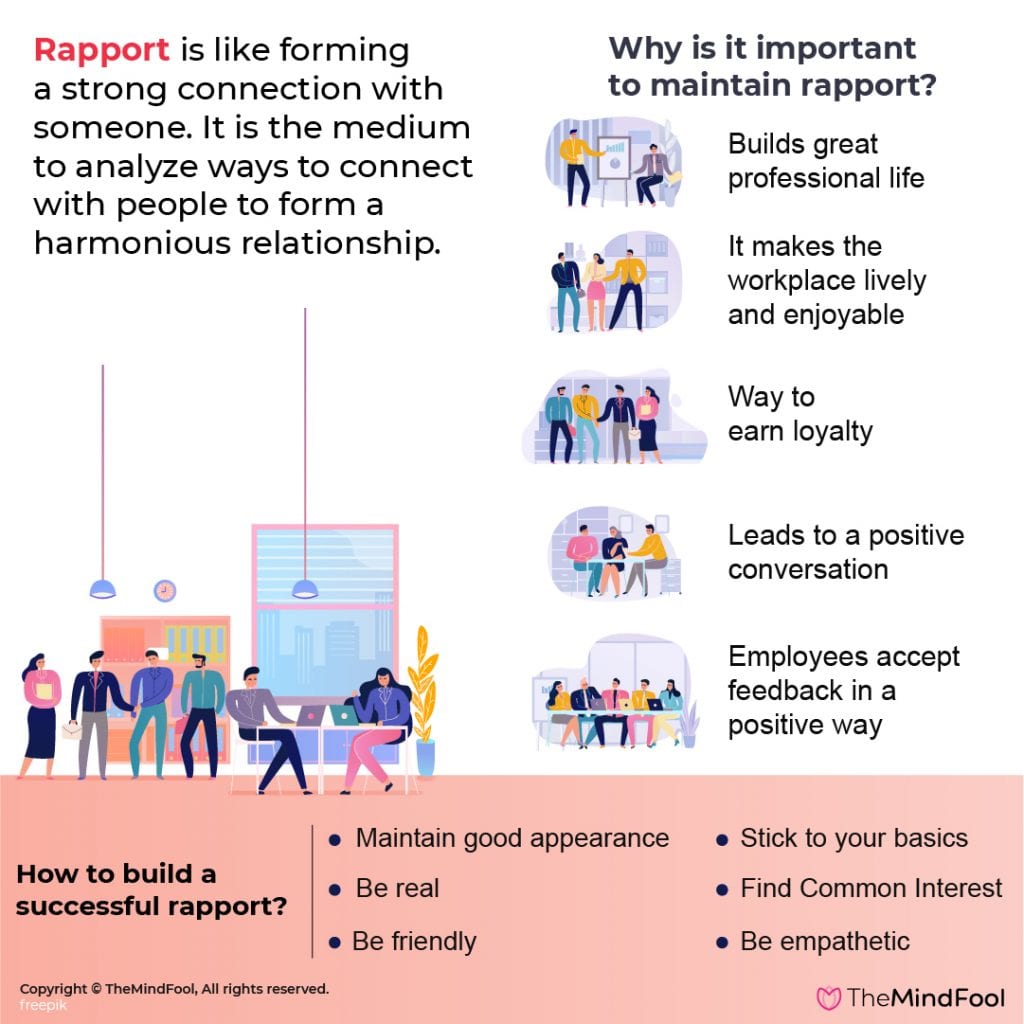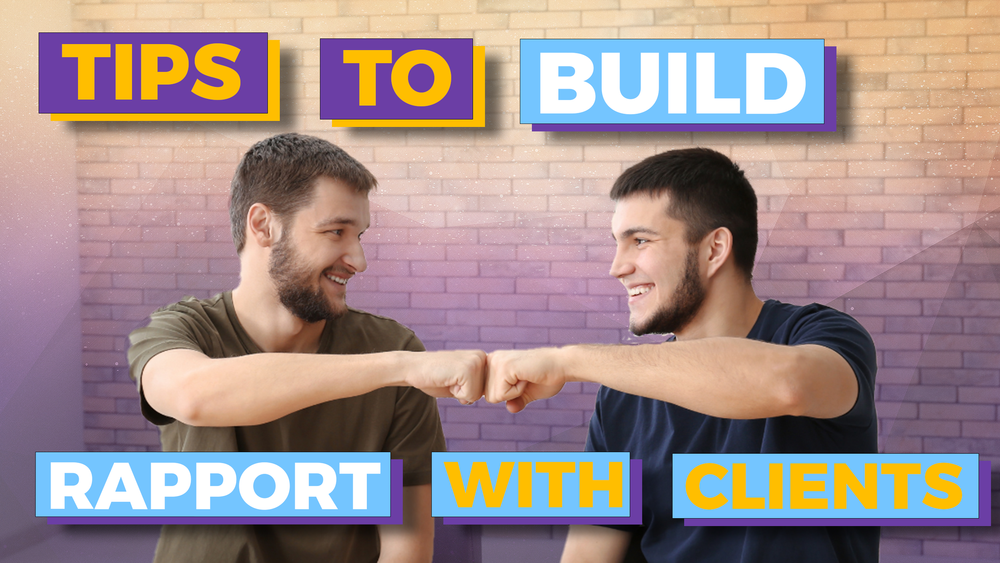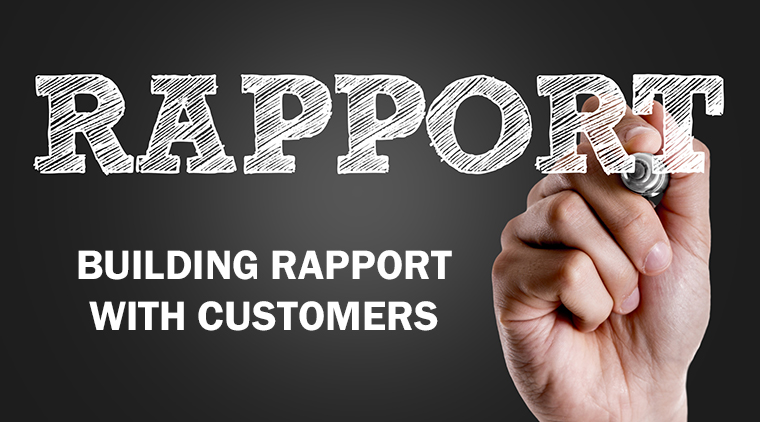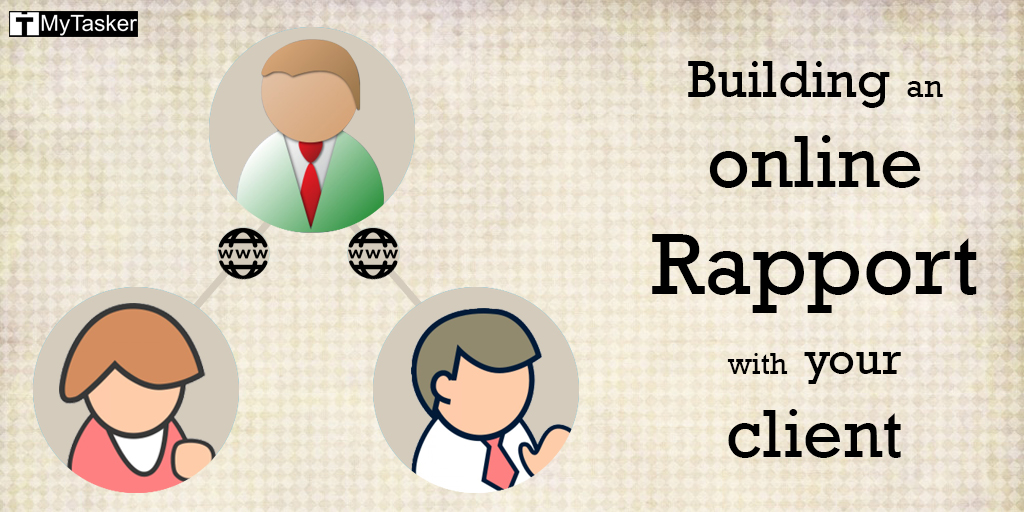How To Develop Rapport With Clients
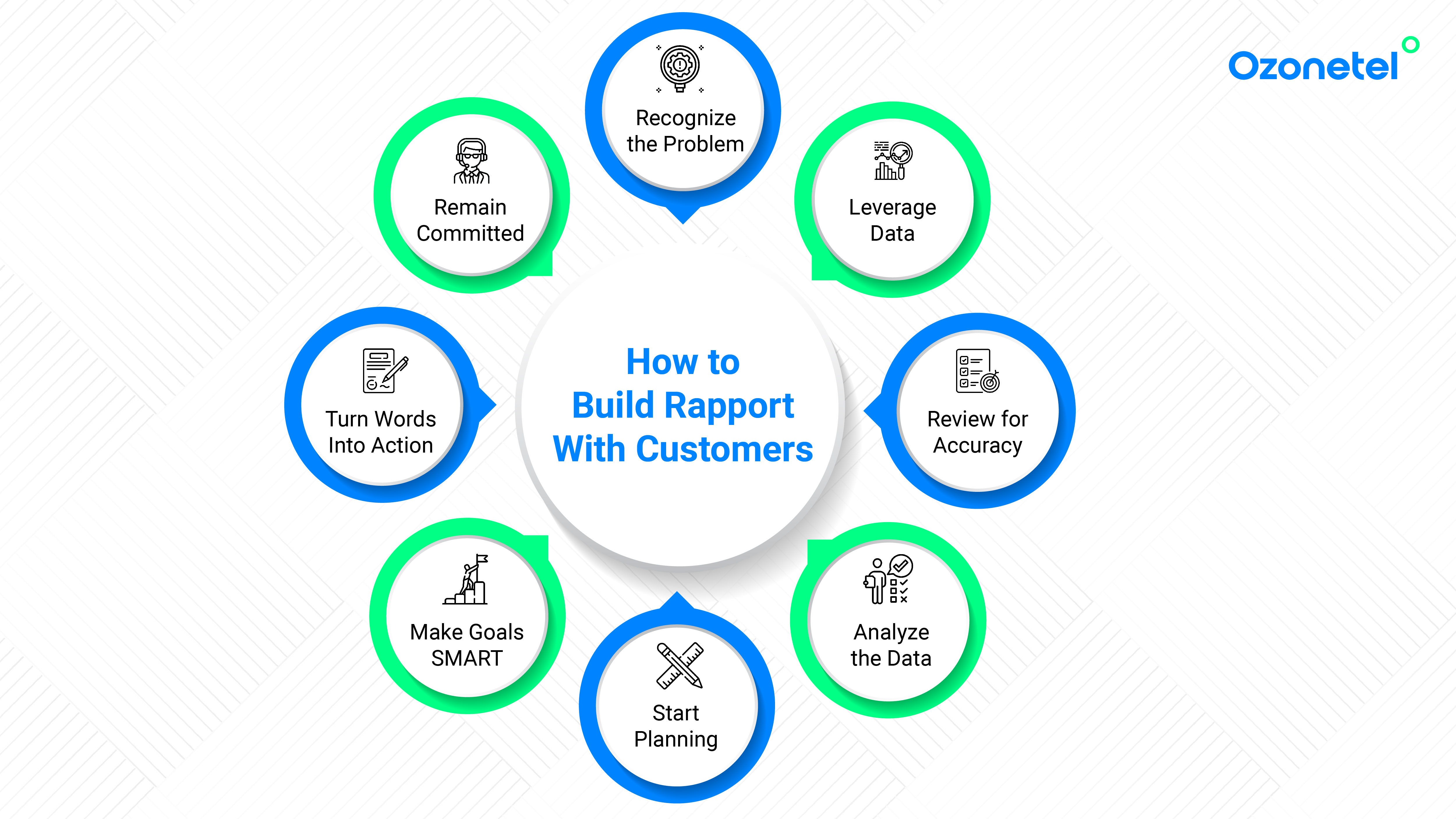
Imagine stepping into a bustling coffee shop. The aroma of freshly brewed coffee fills the air, mingling with the gentle hum of conversations. A seasoned barista, greets a regular by name, already knowing their preferred drink. This simple interaction, a blend of familiarity and genuine warmth, is the essence of rapport - the invisible bridge connecting people.
Building rapport is the cornerstone of successful client relationships. It fosters trust, encourages open communication, and ultimately, leads to better outcomes for everyone involved. This article explores practical strategies for developing meaningful rapport with your clients, transforming professional interactions into collaborative partnerships.
The Foundation of Connection
Rapport isn't about forced friendliness or superficial charm. It's about creating a genuine connection based on mutual respect, understanding, and empathy. The word comes from the French, meaning "a relationship of mutual understanding or trust and agreement between people."
According to a study by Harvard Business Review, professionals who prioritize building relationships with clients are significantly more likely to retain those clients and secure repeat business. This emphasizes the importance of investing time and effort into developing strong connections.
Active Listening: The Key to Understanding
The first step to building rapport is practicing active listening. Put away distractions, maintain eye contact, and truly focus on what your client is saying. Show genuine interest through verbal cues like "Tell me more about that" and nonverbal cues like nodding and mirroring their body language subtly.
Active listening isn't just about hearing the words; it's about understanding the underlying emotions and motivations. By demonstrating that you're fully present and engaged, you make the client feel valued and understood.
Finding Common Ground: Building Bridges
Discovering shared interests or experiences can quickly establish a connection. Ask open-ended questions to learn more about your client's background, hobbies, and values. Look for commonalities – perhaps you both enjoy hiking, are passionate about a particular cause, or share a similar sense of humor.
However, be authentic and avoid forcing connections. Genuine shared interests will naturally emerge through conversation. Sharing anecdotes about yourself can also help humanize you and make you more relatable.
Empathy and Validation: Walking in Their Shoes
Empathy is the ability to understand and share the feelings of another person. When a client expresses concerns or frustrations, acknowledge their emotions and validate their perspective. Avoid dismissing their feelings or offering solutions prematurely.
Instead, say something like, "I understand how frustrating that must be" or "It sounds like you're feeling overwhelmed." Validation helps the client feel heard and supported, strengthening the bond between you.
Communication Style: Adapting to Their Needs
Pay attention to your client's preferred communication style. Some clients may prefer direct and concise communication, while others may appreciate a more collaborative and conversational approach. Tailor your communication to their needs and preferences.
Observe their body language, tone of voice, and language choices. Adapt your own communication style to create a comfortable and seamless interaction. Being mindful of these nuances demonstrates respect and enhances understanding.
Following Through: Building Trust
One of the most crucial aspects of building rapport is simply doing what you say you're going to do. If you promise to follow up with information or complete a task by a certain date, make sure you deliver. Consistency builds trust, which is the foundation of any strong relationship.
Failure to follow through can erode trust and damage the rapport you've worked so hard to build. Reliability is key to maintaining a positive and lasting relationship with your clients.
The Long-Term View: Nurturing the Relationship
Building rapport is an ongoing process, not a one-time event. Continue to nurture the relationship by staying in touch, providing valuable insights, and demonstrating your commitment to their success. Send a personalized note on their birthday, share an article you think they'd find interesting, or simply check in to see how they're doing.
These small gestures show that you value the relationship beyond just the business transaction. In the long run, these efforts will foster loyalty and solidify your position as a trusted advisor.
In conclusion, building rapport with clients is a crucial investment in the success of your professional endeavors. By practicing active listening, finding common ground, demonstrating empathy, adapting your communication style, and consistently following through, you can forge meaningful connections that lead to stronger, more productive, and more fulfilling relationships.

